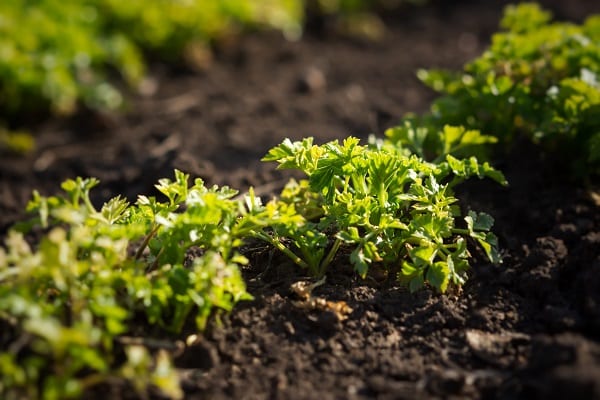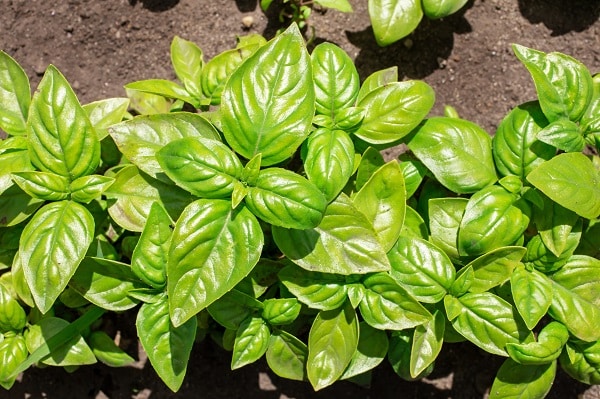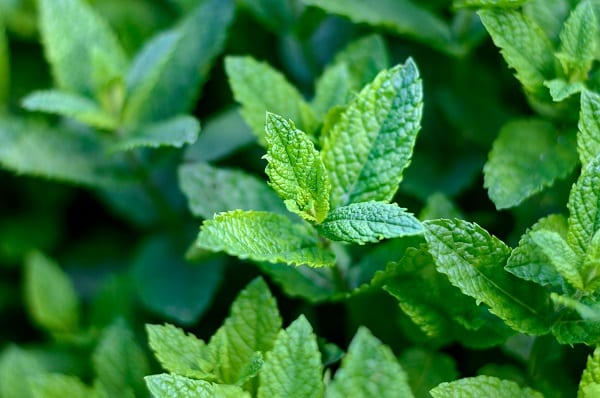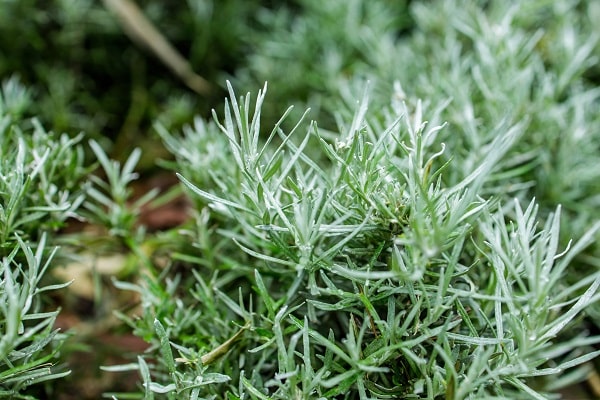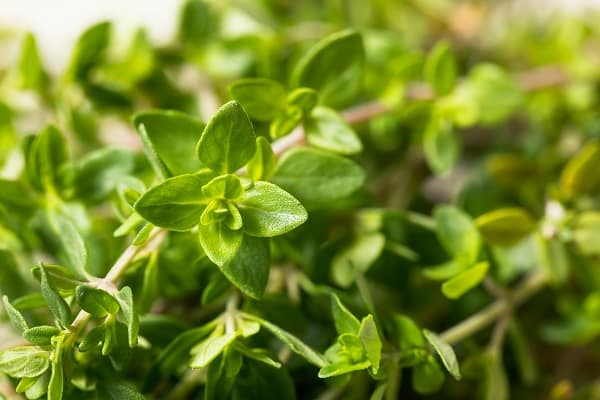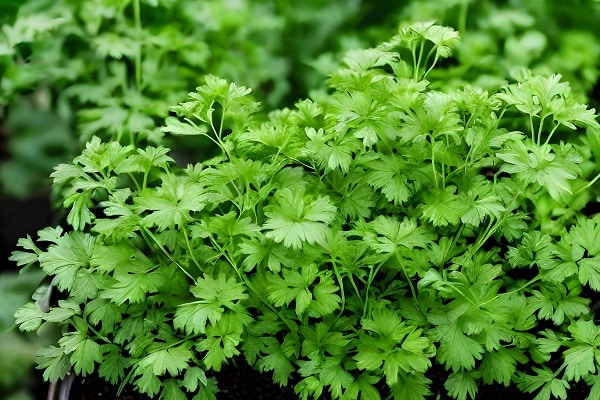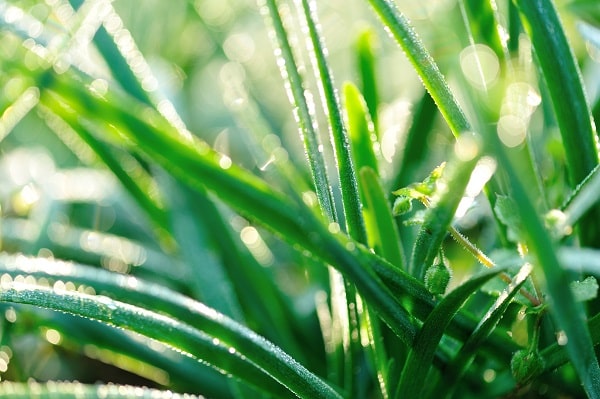Gardening is not only a rewarding hobby but also a way to ensure you have fresh, organic ingredients right at your doorstep. One of the most versatile and useful groups of plants you can grow in your garden are spices. These plants not only add flavor to your meals but also bring a variety of health benefits. In this post, you will explore some of the most popular and easy-to-cultivate spices you should grow in your garden. From the fragrant basil to the refreshing mint, let’s dive into the world of homegrown spices!
Contents
Understanding Your Garden’s Environment
Before diving into the specifics of each spice, it’s crucial to understand your garden’s environment. The success of your spice garden largely depends on factors such as sunlight, soil type, climate, and space. Each spice has its unique requirements, and understanding these factors will help you provide the best conditions for your plants.
Sunlight is a key factor in plant growth. Most spices require full sun, meaning they need at least six hours of direct sunlight daily. Soil type also plays a significant role. Spices generally prefer well-draining soil, which means heavy clay soils might not be ideal. If you have clay soil, consider improving its structure by adding organic matter or growing your spices in raised beds or pots. Below is a list of popular spices you can grow in your garden.
Basil
Basil is a beloved spice in many cuisines around the world, particularly in Italian and Thai dishes. It’s known for its sweet, slightly peppery flavor that can elevate any dish. But beyond its culinary uses, basil also has medicinal properties. It’s rich in antioxidants and has anti-inflammatory and antibacterial benefits.
Growing basil in your garden is relatively straightforward. Basil loves warm weather and plenty of sunlight. Plant your basil seeds or seedlings in a spot that gets at least 6-8 hours of sunlight each day. The soil should be well-draining and rich in organic matter. Regular watering is essential, but be careful not to overwater, as basil doesn’t like to sit in waterlogged soil.
Mint
Mint is a versatile spice that can be used in everything from teas and cocktails to salads and desserts. It’s known for its refreshing, cool flavor and aroma. Mint also has numerous health benefits, including aiding digestion and relieving headaches. Mint is a hardy plant that can grow in a variety of conditions, but it prefers a sunny or partially shaded spot with moist, well-draining soil.
One thing to note about mint is its tendency to spread aggressively. To prevent it from taking over your garden, consider planting it in a container. Regular harvesting of the leaves will also help to keep the plant in check and encourage more growth.
Rosemary
Rosemary is a perennial herb with a distinctive woody fragrance that is often associated with Mediterranean cuisine. It’s a versatile spice that can be used in various dishes, from roasted meats to baked goods. Rosemary is also known for its health benefits, including its ability to boost memory and improve digestion.
Growing rosemary in your garden can be a rewarding experience. This hardy plant prefers full sun and well-draining soil. It’s drought-tolerant once established, making it a good choice for gardeners in drier climates. However, it’s not a fan of heavy, saturated soils, so ensure your planting site doesn’t retain water. Regular pruning will help keep your rosemary plant healthy and bushy.
Thyme
Thyme is a delicate herb with a subtle, earthy flavor that complements a wide range of dishes. It’s a staple in many European cuisines, particularly in France, where it’s a vital component of the classic herb blend, Herbes de Provence. Thyme is also packed with vitamins and minerals and has antiseptic properties.
Thyme is a hardy, drought-tolerant plant that thrives in full sun and well-draining soil. It’s an excellent choice for rock gardens or edges of paths, where aromatic leaves can be enjoyed. Thyme plants can be grown from seeds, cuttings, or divisions. Regular harvesting of the sprigs during the growing season will encourage bushier growth and prevent the plant from becoming woody.
Parsley
Parsley is more than just a garnish; it’s a nutritional powerhouse packed with vitamins and minerals. It’s also a versatile spice that can be used in everything from soups and sauces to salads and stews. Parsley has a fresh, slightly bitter taste that can enhance the flavors of other ingredients.
Growing parsley in your garden is relatively easy. It prefers full sun or partial shade and rich, well-draining soil. Parsley can be grown from seeds, but they can take a while to germinate. Soaking the seeds overnight before planting can speed up the process. Regular watering is essential, but be careful not to overwater, as parsley doesn’t like to sit in waterlogged soil.
Cilantro
Cilantro, also known as coriander, is a staple in many cuisines worldwide, including Mexican, Indian, and Middle Eastern. It’s known for its unique, citrusy flavor. Some people love it, while others find it tastes soapy. Regardless of where you stand, there’s no denying cilantro’s nutritional benefits, which include high levels of vitamins A and K.
Cilantro is a cool-season plant that prefers full sun or light shade and well-draining soil. It’s best grown from seeds sown directly in the garden as it doesn’t transplant well. Cilantro grows quickly and can bolt (flower and set seed) in hot weather, so it’s a good idea to sow seeds every few weeks for a continuous harvest. Regular harvesting of the leaves will also help to prolong the plant’s life.
Dill
Dill is a unique herb with feathery leaves and a distinct flavor that’s slightly bitter but also fresh and zesty. It’s commonly used in pickling and to flavor fish and potato dishes. Dill is also known for its health benefits, including aiding digestion and providing a substantial amount of Vitamin A.
Growing dill in your garden is relatively easy. It prefers full sun and well-draining soil. Dill can be grown from seeds sown directly in the garden after the danger of frost has passed. It’s a great companion plant for cucumbers and onions but should be kept away from carrots. Dill is not a fan of being transplanted, so it’s best to choose your planting site carefully. Regular harvesting of the leaves will encourage bushier growth.
Chives
Chives are a member of the onion family, but their flavor is much milder and more delicate. They’re a great addition to salads, egg dishes, and baked potatoes. Chives are also rich in vitamins A and C and have antioxidant properties. Chives are a hardy perennial plant that prefers full sun and well-draining soil. They can be grown from seeds, but they’re slow to germinate.
A quicker way to establish a chive plant in your garden is by dividing an existing plant. Chives produce beautiful purple flowers in late spring, which are also edible. Regular harvesting of the leaves will keep the plant productive and prevent it from becoming too woody.
Start Growing Spices In Your Garden!
Cultivating your own spice garden is a delightful journey that brings both culinary and health benefits. Each spice, from the aromatic basil to the gentle chives, offers its own unique flavor profile and health properties. Embarking on this gardening adventure not only enriches your dishes but also contributes to your well-being. So, why not immerse yourself in the world of spice gardening? It’s a flavorful and healthy endeavor that promises to transform your garden and your plate!
